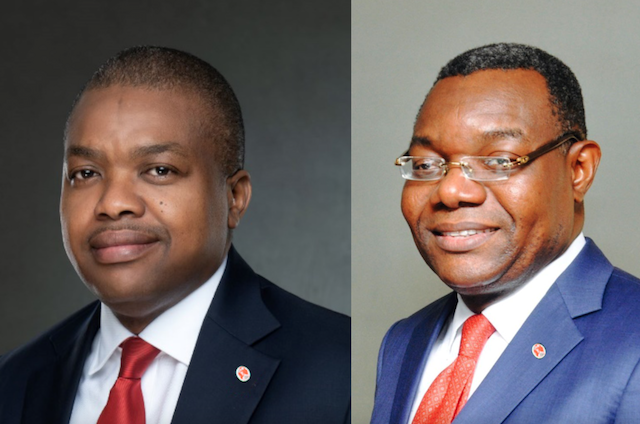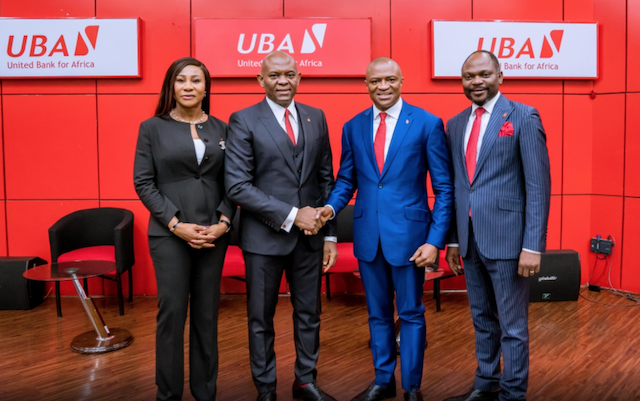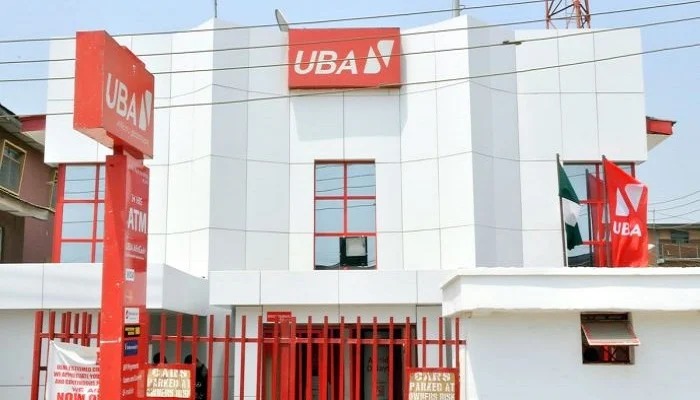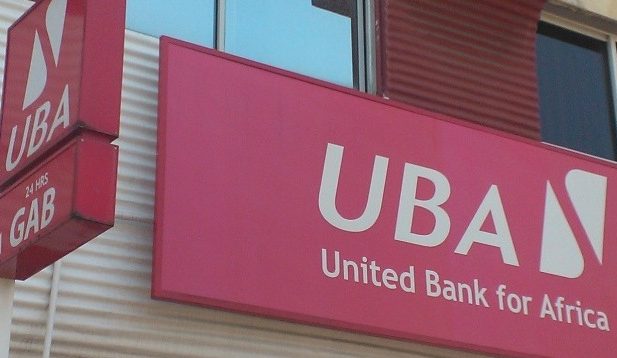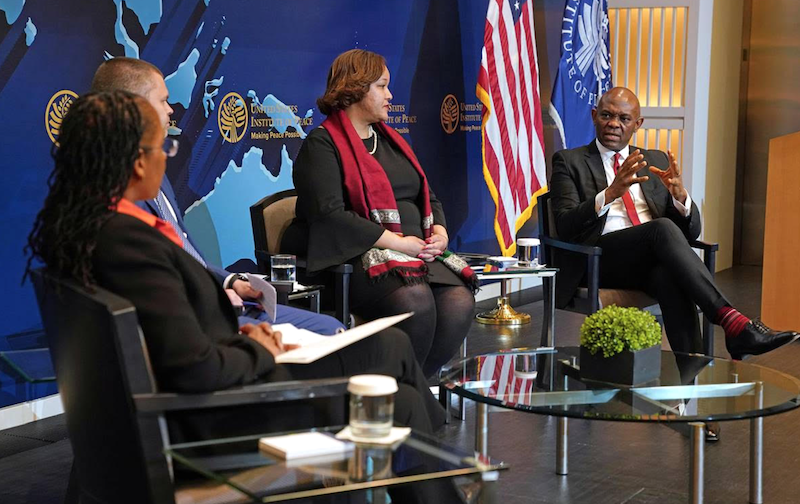Africa’s Global Bank, United Bank for Africa (UBA) Plc, has announced its audited financial results for the half year ended June 30, 2022, recording double-digit growth across key income lines as well as significant progress in the contribution from its subsidiaries.
At the end of the first two quarters of the year, the Bank was able to deliver a 12.6 per cent appreciation in profit before tax(PBT) to N85.7bn, up from N76.2bn recorded in the same period of 2021.
Despite numerous business, economic as well as geo-political environmental challenges including continued supply-chain interruptions due to Covid, the Russia and Ukraine conflict, and the resultant rise in prices of global commodities, that characterized the first six months of the year, the tier1 lender delivered impressive numbers, with gross earnings hitting N372.4bn, a solid 17.8 percent growth when compared with N316billion that was posted the same period in the prior year.
Operating income also grew by 20.1% to N256bn in the period, while the firm’s profit after tax closed the first half stronger at N70.3 billion, up by 16.1 percent compared to the N60.6 billion same period in 2021.
A further breakdown of the Bank’s half-year result, which was filed with the Nigerian Exchange Group(NGX), in the early hours on Thursday, September 8, showed total assets continued on an upward trajectory, increasing 5.4 percent to about N9 trillion.
The bank also delivered on its core mandate of extending loans to credit-worthy customers for the overall economic development, as loans and advances increased by 4 percent to N3trillion; while deposits rose by 7.9 percent to N7.6 trillion at the end of the period.
Shareholders’ funds however declined marginally by 2 percent to N788.5 billion, owing majorly to the decline in its foreign operations translation reserve as well as fair value losses suffered from the investment securities valuation occasioned by the increasing interest rate regime across the globe.
With the strong double-digit growth in profit after tax (PAT) vis-à-vis the marginal decline in shareholder’s fund, the Group’s return on equity (RoE) closed the period stronger at 17.7%, whilst return on assets (RoA) came to 1.6%, up by 9 basis points.
Reaffirming its commitment to shareholders and the investing public, the Board of Directors of UBA Plc declared an interim dividend of 20kobo per share for every ordinary share of N0.50 each held by its shareholders.
UBA’s Group Managing Director/Chief Executive Officer, Oliver Alawuba, while commenting on the result, said the stellar performance was in line with management’s expectation, adding that the Bank’s continued focus on its Customer 1st philosophy to pursue the mission of providing superior value to our stakeholders had increased low-cost customer deposits, and boosted the growth of its payment and transaction banking.
“The financial year 2022 showed initial signs of recovery of economies across the globe, despite continued COVID-induced supply-chain disruptions. However, geopolitical challenges including the Russia and Ukraine conflict, resulted in escalation of global commodity prices, particularly grains and crude oil, which have taken a toll on several economies. Notwithstanding these developments, our half-year numbers came out stronger than the prior year, with top and bottom-line reaching new record highs,” Alawuba said.
According to him, The Group’s profitability increased by 12.6% to N85.7 billion, with double-digit growth recorded across key income line. The Bank also recorded a decent 20% growth in net interest income as it continues to moderate cost of funds whilst improving yield on assets, thereby contributing to the strong 20% growth in operating income. “Our investments in state-of-the-art technology continue to yield expected results, evident in the huge boost ofour digital banking income, which grew 22.7% year-on-year to N36.3 billion. These gains have enabled us to optimize net earnings amid the accelerating inflationary pressure, the currency devaluation, and increased regulatory-driven cost,” he said.
The GMD also noted that he is delighted at the strides made by the Bank in growing its market share across Africa. In his words, “Our retail business has continued to grow, as we ride on our agency banking network, trusted brand, competitive product offerings and quality service delivery to deepen our retail penetration,”
Alawuba who also commented on his recent appointment as Group Managing Director/Chief Executive Officer, alongside five other Group Executive Directors, assured the investing public of his relentless commitment to the growth of the business. “Together, with our highly motivated workforce, we are poised to usher the business into a new era of growth that will deliver superior values to all stakeholders,” he said.
UBA is a leading pan-African financial institution, offering banking services to more than thirty-seven million customers across 1,000 business offices and customer touch points in 20 African countries.
With presence in New York, London and Paris and now the UAE, UBA is connecting people and businesses across Africa through retail, commercial and corporate banking, innovative cross-border payments and remittances, trade finance and ancillary banking services.


